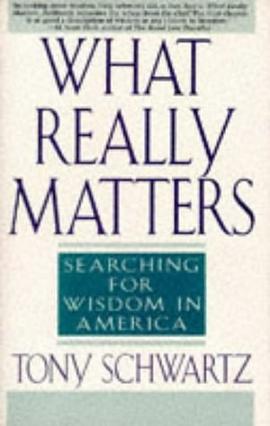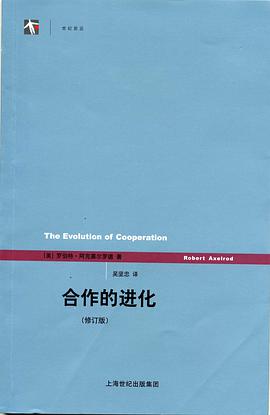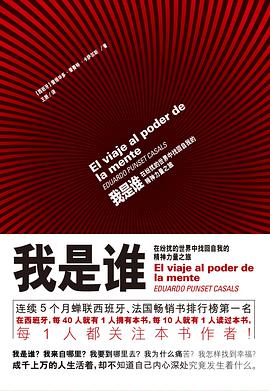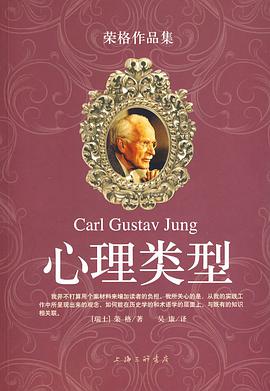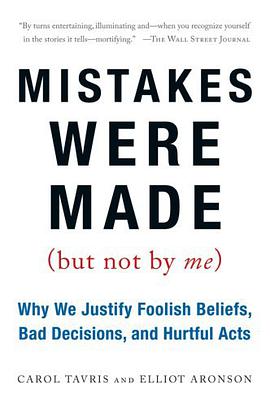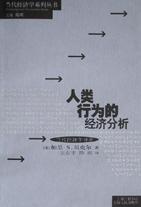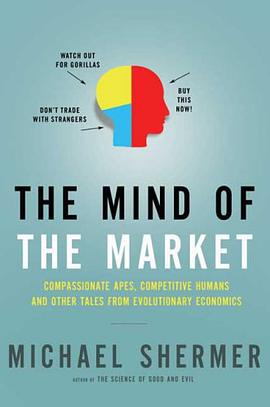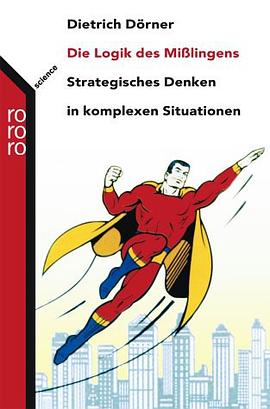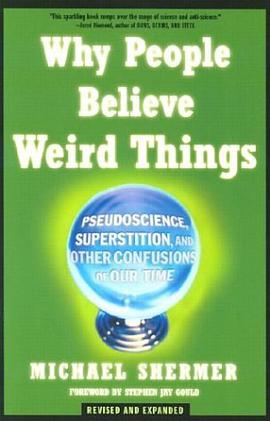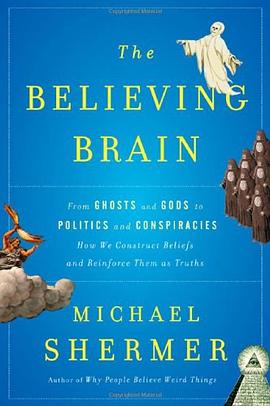The Believing Brain is divided into four parts. Part I, “Journeys of Belief,” includes personal narratives of belief, including that of the author; Part II, “The Biology of Belief,” bores into the brain and explains how the mind works to form beliefs, from thoughts and ideas down to neurons firing across tiny synaptic gaps as they talk to one another chemically; Part III, “Belief in Things Unseen” applies my theory beliefs to the afterlife, God, aliens, and conspiracies; and Part IV, “Belief in Things Seen,” examines the role of beliefs in politics, economics, and ideologies, explains how belief confirmation works to assure that we are always right, and then explores the history of scientific exploration, from the world to the cosmos, and how science works to overcome the power of belief.
The Believing Brain begins with three personal belief stories. The first story is about a man whom you will have never heard of but who had a profound and life-changing experience in the wee hours of the morning many decades ago that still haunts him to this day and drives him to search for ultimate meaning in the cosmos. The second story is about a man whom you will most definitely have heard of as he is one of the greatest scientists of our age, and he too had a life-changing early-morning experience that confirmed his decision to make a religious leap of faith. The third story is Dr. Shermer’s own passage from believer to skeptic, and what he learned along the way that drove him into a professional career of the scientific study of belief systems.
From narrative stories Dr. Shermer turns to an architecture of belief systems, how they are formed, nourished, reinforced, changed, and extinguished, first conceptually through the two theoretical constructs he developed called patternicity and agenticity, and then delve deeper into how these cognitive processes evolved and what purpose they served in the lives of our ancestors as well as in our lives today. Dr. Shermer then bores deeper into the brain, right down to the neurophysiology of belief system construction at the single neuron level, and then reconstructs from the bottom up how brains form beliefs. Then we shall examine how belief systems operate with regard to belief in religion, the afterlife, God, extraterrestrials, conspiracies, politics, economics, and ideologies of all stripes, and then consider how a host of cognitive processes convince us that our beliefs are truths. In the final chapters we will consider how we know any of our beliefs are believable, which patterns are true and which false, which agents are real and which are chimera, and how science works as the ultimate pattern detection device.
In the end, all of us are trying to make sense of the world, and nature has gifted us with a double-edge sword that cuts for and against. On one edge, our brains are the most complex and sophisticated information processing machines in the universe, capable of understanding not only the universe itself but of understanding the process of understanding. On the other edge, by the very same process of forming beliefs about the universe and ourselves, we are also more capable than any other species of self-deception and illusion, of fooling ourselves while we are trying to avoid being fooled by nature.


